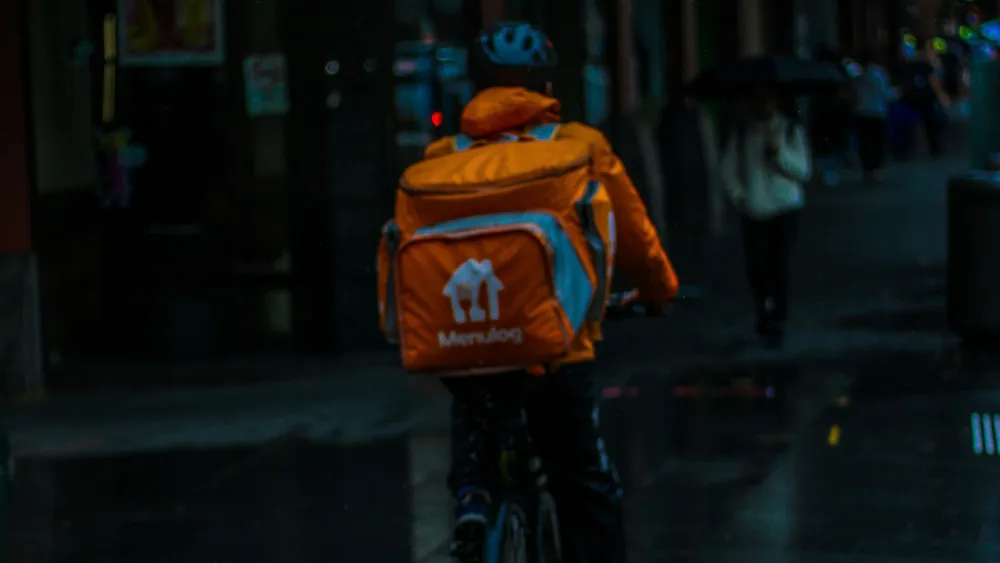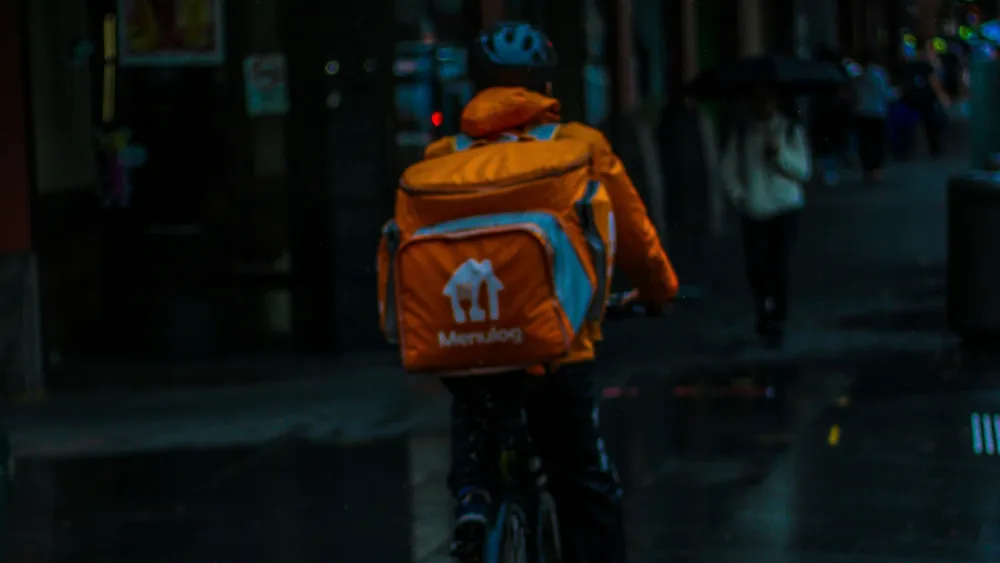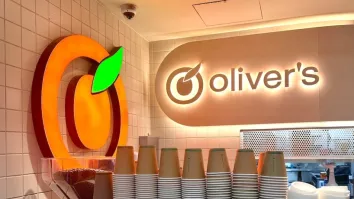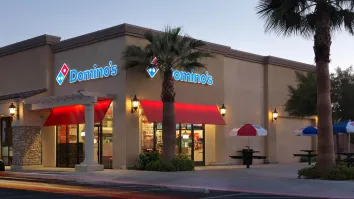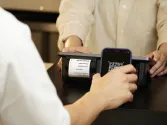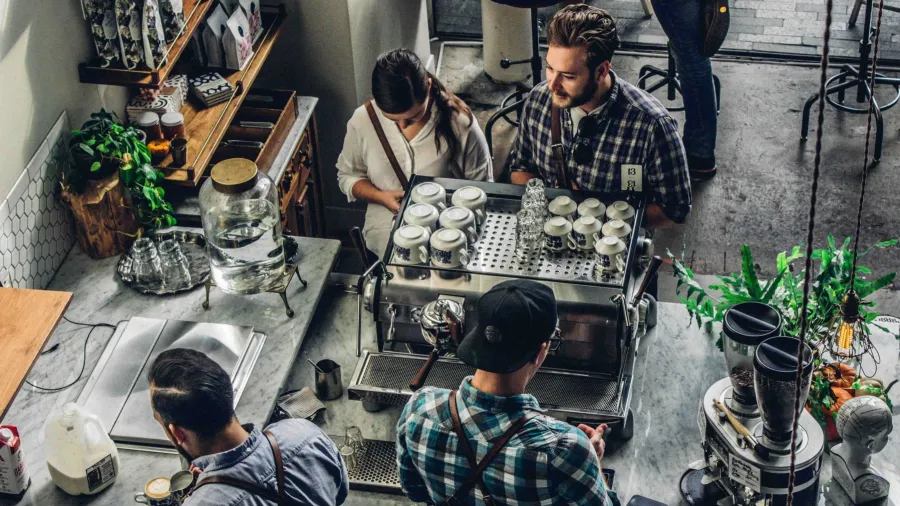
Numbers Into Nourishment: How Hospitality Businesses Can Grow With Data
By Jess AloiData helps operators scale human connection, personalise service, and run smarter venues.
Hospitality has always been about people, about creating warmth, welcome and belonging.
This is reflected in recent data, which shows that Aussies value community-connected venues, casual dining formats, and service that leaves a lasting impression. Over half of Aussies (53%) prefer a neighbourhood venue or growing restaurant group over a national chain, and eight in ten (82%) say quality of service matters deeply in their decision regarding whether they return.
But increasingly, data is becoming the key cog in allowing those human moments to scale and sustain. Across hundreds of conversations I've had with venue operators, a clear theme has emerged: those who embrace data not only make smarter decisions, they make more meaningful ones too. And in an industry built on instinct and hustle, "data" can sound abstract or even intimidating. But it doesn't need to be.
Data is just a record of your story: who comes through your doors, what they love, when they visit, and what brings them back. When you know these things, you can serve your customers better, train your teams more effectively, run your business more efficiently, and leave staff to focus on the human experiences and interactions that create a lasting impression on customers.
Improving efficiency and responding to changing customer habits
Take Pasta Prego, a quick service takeaway pasta bar in Melbourne, whose founders, Isaac and Lorenzo, use reports from their point-of-sale (POS) to plan prep volumes, staff rosters and even respond to changing customer habits like seasonal shifts and daylight saving. By digging into the numbers on their most popular dishes or busiest times, they make sure the kitchen never runs dry and the team is ready when it counts. That consistency breeds loyalty and saves money, too.
Meanwhile, at dessert shop Holy Sugar in Northcote, Melbourne, founder Audrey Allard uses her instincts first, but still checks in with her visual dashboards to track trends and spot opportunities. Her model is unique in that the store is open just three days a week, creating added demand with a limited run of baked goods that often sell out. Whilst she leads with creativity, data helps her make small tweaks that keep her offerings relevant and her business resilient.
Creating hyper-personalised hospitality with data and tech
Our 2025 Future of Restaurants report confirms what we’re seeing on the ground: over 85% of hospitality owners plan to invest more in technology to improve operations, whilst 83% say loyalty programs are driving higher order values and repeat visits. More than 70% are using tools like automated ordering, inventory tracking and AI-driven marketing to save time and boost profits.
But technology and data aren’t just about the back-of-house. They also enable better service. With the right systems in place, staff can know what a returning customer likes to drink, whether they're celebrating something special, or if they had a poor experience last time. At venues like Brunswick neighbourhood restaurant, Etta, and Melbourne gelateria, Piccolina, teams are using this intelligence to deliver hyper-personalised hospitality that customers remember and reward.
There are practical steps any venue can take to become more data-driven. First, track what matters: sales by item and hour, customer foot traffic, and feedback. Second, integrate your systems so they talk to each other, from POS and inventory to reservations and rostering. Finally, make the data visible to your team. When chefs, managers and wait-staff understand the "why" behind changes, they execute with more intention and care.
Freeing up time to focus on what matters
This isn’t about replacing the human touch. It’s about freeing up time and energy to invest more where it counts.
Technology can handle the routine; people bring the magic. If your team spends less time chasing lost orders or fixing stock shortages, they have more capacity to greet a guest by name, or serve that dessert with 20% added magic that makes a lasting impression.
Ultimately, hospitality is a feeling. But it’s a feeling best delivered when the business is humming in the background. That’s where data shines. Not as a cold ledger of transactions, but as a living tool to deepen relationships, hone your offer and build the kind of venue people return to and rave about.
My final point is this: hospo operators should not be afraid to open the data dashboard. Your numbers have a story to tell. And chances are, it ends with a stronger, smarter, and more sustainable business.

